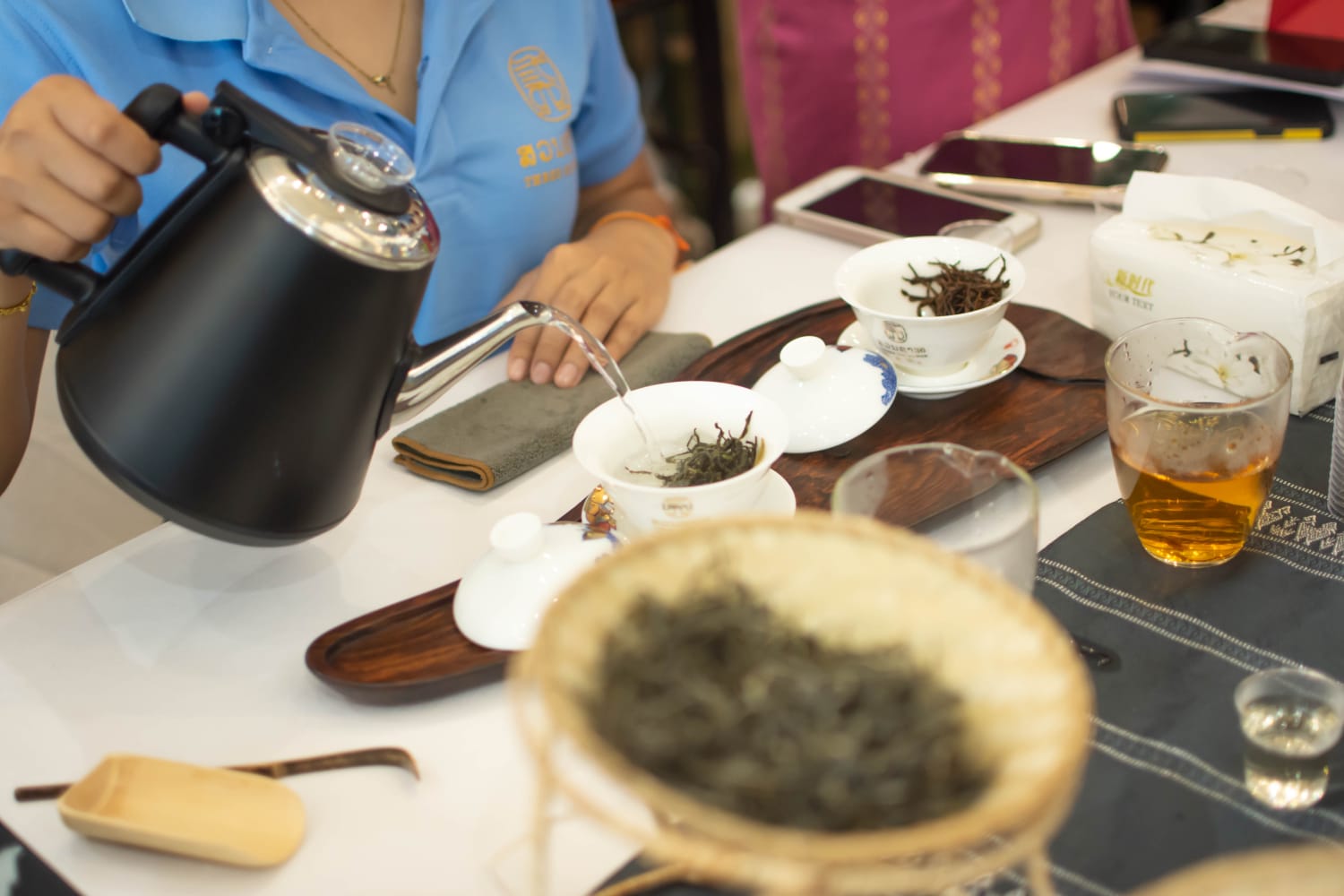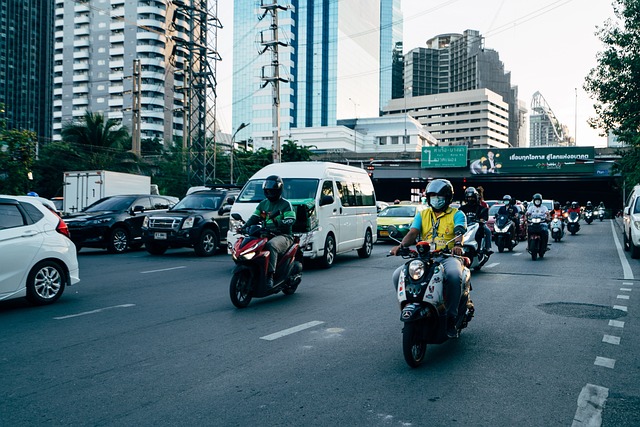Chinese smartphone maker Honor is aiming to become a top three player in the Thai market within three years via heavy marketing investments and related activities.
"Competition is expected to intensify in the local smartphone market as consumer purchasing power weakens," said Sutida Mongkolsuthree, chief executive of local IT product distributor Synnex (Thailand), the sole distributor of Honor mobile phones.
"We think we can increase the overall Honor market share to 3-4% this year and make it into the top three brands within three years," Ms Sutida said.
Honor re-entered the Thai market over the past 10 months and appointed Synnex as its sole distributor and service provider. Honor has gained a 5-7% market share in the mid- to high-priced smartphone segment of 10,000-20,000 baht. The firm's share of the overall smartphone market is less than 1%.
Honor launched its flagship smartphone model Honor Magic5 Pro 5G in Thailand this week. Ms Sutida said overall smartphone sales account for 40% of Synnex's total revenue.
She cited data from IT research firm IDC that Thailand's smartphone market contracted 17% year-on-year in the first quarter with sales of 1 million units per month, down from 1.2 million units last year.
"We see cautious consumer spending in the smartphone market, mainly in the smartphone entry-level segment at this time of economic challenges," she said.
At the entry level, consumers prefer mobile phones costing less than 5,000 baht, a change from an earlier focus of around 7,000 baht.
Tough competition in the entry-level smartphone market sees prices cut every few months.
Ms Sutida added that mobile devices in the premium segment have yet to be impacted. In the mid- to premium-price bands, consumers change their smartphone every 1.5 years, while entry-level users hold onto their devices for longer than two years.
"We think the the market situation will get better in the second half of this year, particular in the fourth quarter, which is the high season of the flagship smartphone segment and the IT industry," said Ms Sutida.
She added that Synnex has also gained support from Honor in term of marketing, Honor brand shop expansion, and in promoting special-priced products to lure customers to the brand.
Honor was previously positioned as a sub-brand and fighting brand under Huawei, but in 2020 it broke away from Huawei. Honor's new parent company was co-founded by Shenzhen Smart City Technology Development Group.
Ms Sutida said that Honor last year took the No.2 position in China in terms of market share, while globally it was No.6. In Malaysia, Honor has a 7% market share.
In Thailand, Honor has focused on elevating its brand image by introducing the Magic5 Pro 5G smartphone. The model is offered at a special price of 29,900 baht in Thailand, lower than other countries where it is sold for 34,000 baht. The company has allocated 30 million baht for this model's marketing budget.
Synnex plans to increase the number of Honor Experience stores to 15, from six, throughout the country this year.
Source : Bangkok Post























